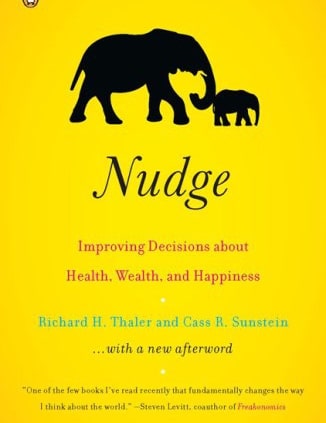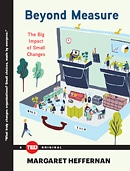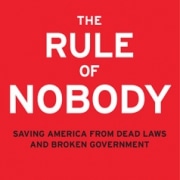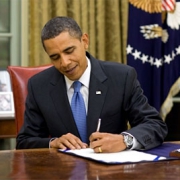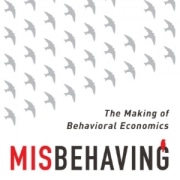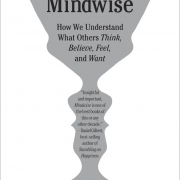Richard Thaler, The Nobel Prize and Nudge
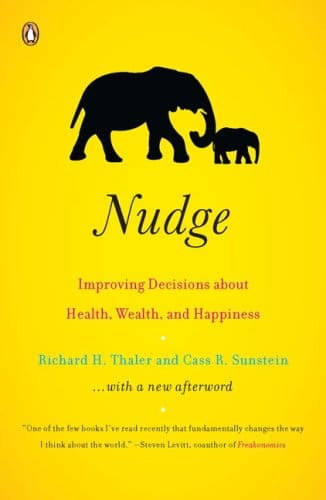 All of us at Ethical Systems extend a heartfelt congratulations to Richard Thaler on the announcement of his Nobel Prize for his pioneering research on behavioral economics.
All of us at Ethical Systems extend a heartfelt congratulations to Richard Thaler on the announcement of his Nobel Prize for his pioneering research on behavioral economics.
From The New York Times announcement:
The Nobel committee, announcing the award in Stockholm, said that it was honoring Professor Thaler for his pioneering work in establishing that people are predictably irrational — that they consistently behave in ways that defy economic theory.
People will refuse to pay more for an umbrella during a rainstorm; they will use the savings from lower gas prices to buy premium gasoline; they will offer to buy a coffee mug for $3 and refuse to sell it for $6. The committee credited Professor Thaler, who teaches at the University of Chicago Booth School of Business, for moving economics toward a more realistic understanding of human behavior, and for using the resulting insights to improve public policies, notably a sweeping shift toward the automatic enrollment of employees in retirement savings programs.
“In order to do good economics, you have to keep in mind that people are human,” Professor Thaler said at a news conference after the announcement.
His work on decision making helps us understand how behavior influences ethics and how to design environments that can nudge people towards more ethical behavior.
And, nudging can be especially helpful for compliance programs. Thomas Fox, on the FCPA Compliance Report writes in a recent blog:
[Nudge] has application to the compliance profession in the following but simple example. By moving the signature on an employee expense reimbursement form to the top, at the start of the process, can actually improve compliance. When employees certify the information they will be reporting is true and correct, they tend to provide more truthful information in the information they record. This straight-forward example demonstrates how a prevent control can be modified to become more effective at little or no cost.
Thaler reintroduces the human element into compliance programs. His theories go a long way to helping the compliance practitioner understand how important non-financial incentives can be towards influencing behavior. Every compliance practitioner is well-aware of the role of financial incentives in compliance.
Ethical Systems Advisory Board member, Carsten Tams, summarizes Thaler’s influence and research on the FCPA blog saying
“Great thinkers like Thaler open avenues to solving problems in new ways. He compels us to come up with non-coercive ways of influencing behavior when our first impulse might be to prescribe a mandatory rule. Thaler’s approach will not only be more agreeable to employees who care about their sense of autonomy; well-designed gentle nudges may also proof more powerful. Nudging should become a primary instrument in the toolbox of ethics practitioners.”
See more in our book summary on Nudge >>

